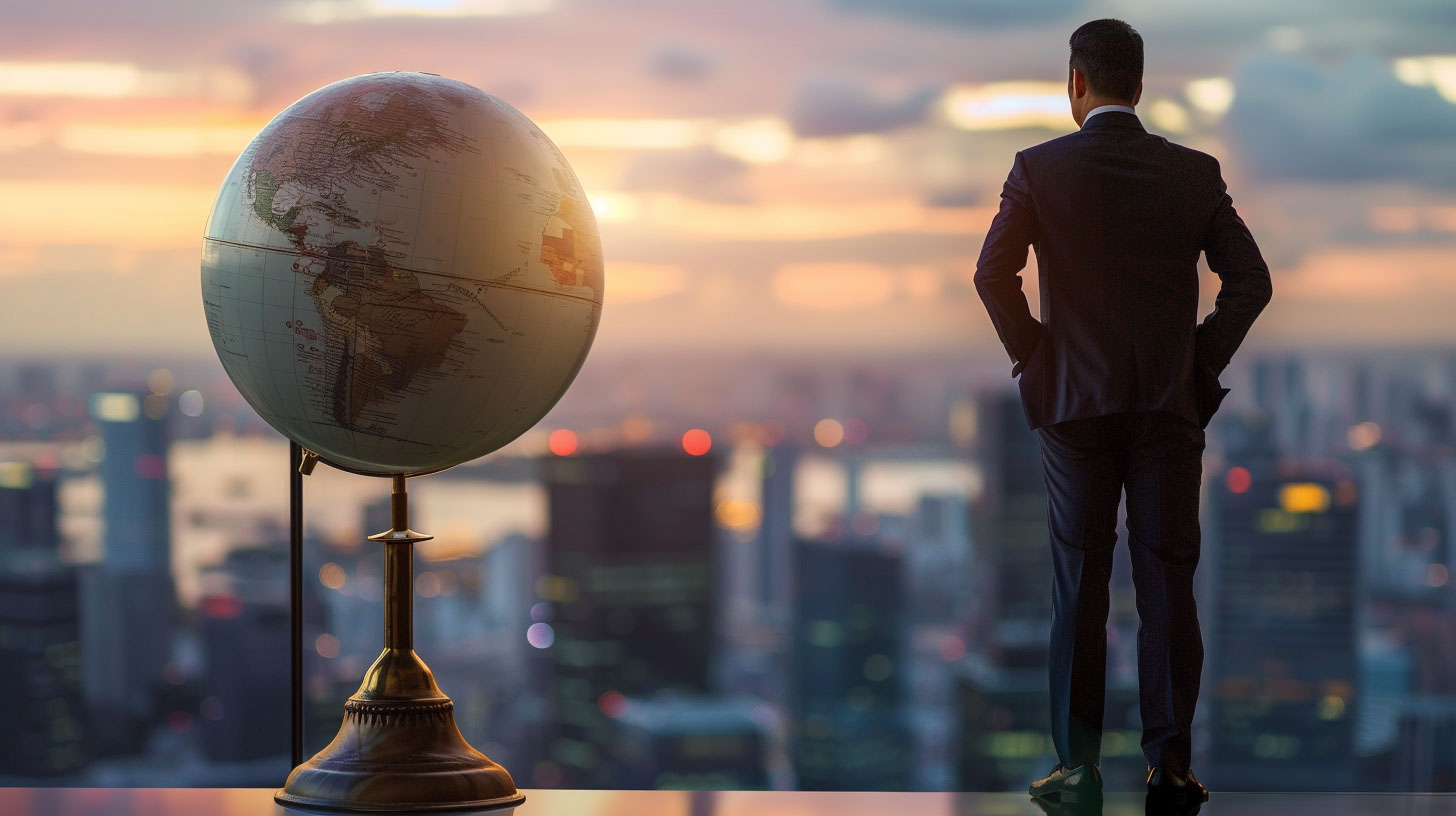In today’s rapidly evolving world, the relationship between media law and freedom of expression has become a focal point of discussion and debate. As countries strive to uphold human rights while maintaining social order, the balance between these two concepts is crucial for the functioning of a free and fair society. This article delves into the intricacies of media law and its impact on freedom of expression, with a special focus on how these dynamics play out in various countries.
Understanding Media Law
Media law encompasses the legal regulations that govern the dissemination of information via various media channels, including print, broadcast, and digital platforms. These laws are designed to protect the public, prevent the spread of misinformation, and ensure that media outlets operate within a legal framework. Common areas covered under media law include libel and slander, privacy rights, intellectual property, and censorship.
Freedom of Expression: A Fundamental Right
Freedom of expression is a fundamental human right enshrined in global charters such as the United Nations’ Universal Declaration of Human Rights. It allows individuals to freely convey their thoughts, ideas, and opinions without fear of censorship or punishment. This freedom is essential for democracy, enabling open discourse, challenging authorities, and fostering a diverse range of perspectives.
The Dynamic Tension
The relationship between media law and freedom of expression often involves a dynamic tension. On one hand, there is a necessity to regulate media activities to prevent harm, such as hate speech, incitement to violence, or defamation. On the other hand, excessive regulation can stifle free speech, leading to censorship and the suppression of dissenting voices. This delicate balance requires constant evaluation and adjustment, taking into account the social, political, and technological changes occurring in society.
Media Law Around the World
Countries around the world approach media law and freedom of expression in varied ways, influenced by their unique legal traditions, cultural values, and political systems.
– United States: The First Amendment to the U.S. Constitution strongly protects freedom of expression, resulting in a robust legal framework that supports media freedom. Nevertheless, this freedom is not absolute, as specific restrictions exist concerning national security, obscenity, and defamation.
– United Kingdom: The UK upholds freedom of expression, but it also has stricter libel laws compared to the U.S. Media outlets must navigate these laws carefully to avoid legal repercussions. The UK’s regulatory bodies, like Ofcom, ensure media compliance with ethical standards.
– China: China presents a contrasting example where media law heavily restricts freedom of expression. The government exercises tight control over media and the internet, employing censorship tools and legal measures to suppress dissent and regulate the flow of information.
– Nordic Countries: Sweden, Finland, and Norway are known for their high levels of press freedom. Their media laws are designed to support freedom of expression, with strong protections and minimal restrictions. These countries consistently rank high in press freedom indices.
Business Implications
In the business world, media law and freedom of expression hold significant implications. Companies operating across borders must understand and comply with the diverse media laws of each jurisdiction. For media businesses, navigating these complex legal landscapes is critical to avoiding costly legal battles that can arise from libel claims or privacy violations. Moreover, global enterprises must be adept at managing their public image and how they interact with media to preserve reputation and trust.
In countries with stringent media laws, businesses may face challenges related to censorship and government intervention. On the contrary, in nations with robust free expression protections, companies might find a more open environment for innovation and communication.
Conclusion
Understanding the intricate balance between media law and freedom of expression is essential in today’s interconnected world. As media technologies continue to advance and societal norms evolve, the legal frameworks governing these realms must adapt accordingly. The ongoing dialogue between safeguarding individual rights and maintaining public order will determine how media law and freedom of expression coexist in the future, ultimately shaping the landscape of global communication.
Here are some suggested related links about Exploring the Balance: Media Law and Freedom of Expression:
1. American Civil Liberties Union (ACLU)
aclu.org
2. Electronic Frontier Foundation (EFF)
eff.org
3. Reporters Without Borders
rsf.org
4. Article 19
article19.org
5. Freedom House
freedomhouse.org
